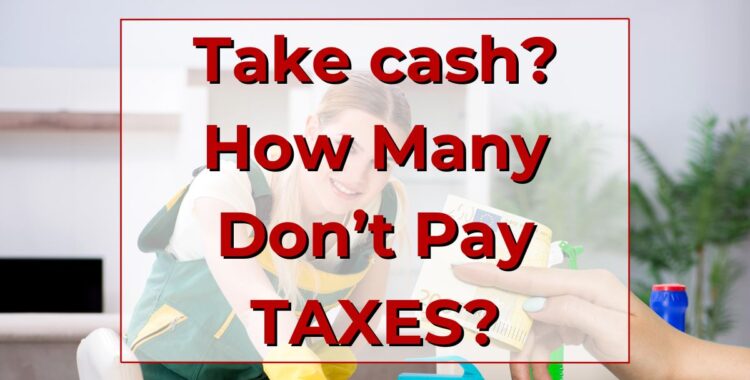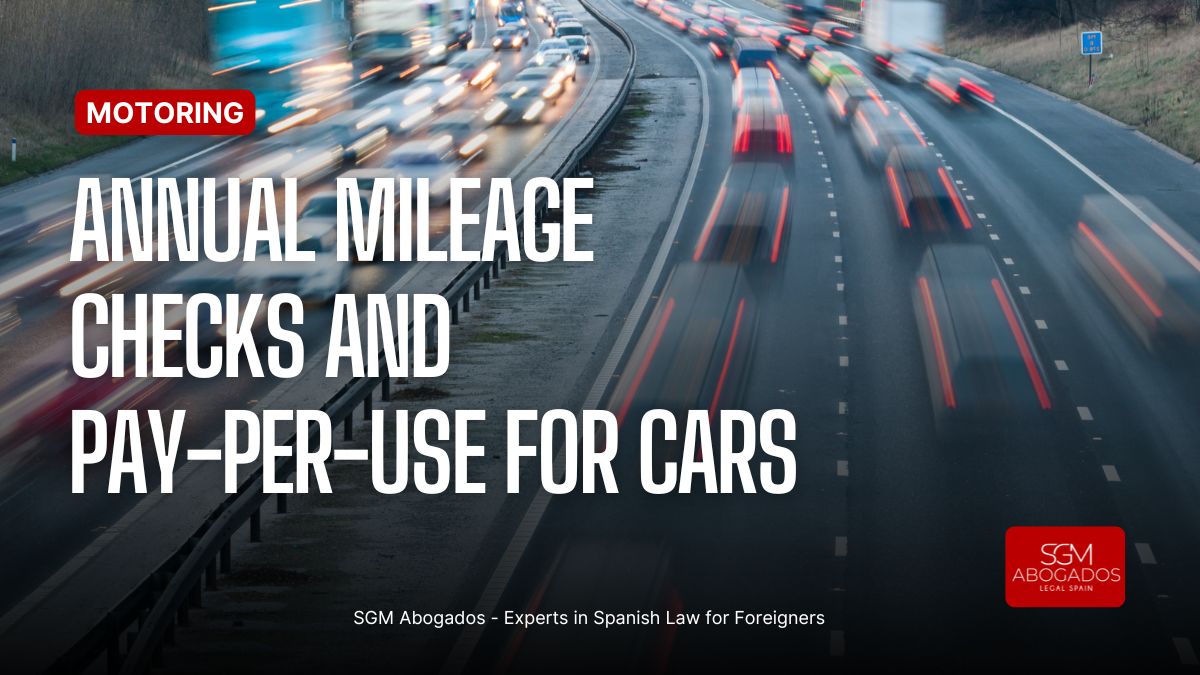How Many Don’t Pay Taxes in Spain?
Why is getting paid under the table so common in Spain, and how many workers are involved in this unofficial economy?
It’s estimated that around one in ten people in Spain receive payment under the table, avoiding taxes on their income. The underground economy is believed to represent approximately 15.8 percent of Spain’s GDP, though some estimates suggest it could be even higher.
In Spain, this practice is so widespread that there are several terms to describe it, including ‘trabajar en negro’ (working in the black), ‘trabajar en b’, and ‘economía sumergida’ (submerged economy).
Several factors contribute to the high number of unregistered workers in Spain. According to Spain’s Tax Technicians Union, Gestha, the combination of high unemployment rates and political corruption fueled the underground economy by €60 billion during the 2008 financial crisis and the subsequent years. The unethical behavior of the country’s leaders and numerous corruption scandals negatively influenced the public’s attitude towards tax compliance.
Another contributing factor is Spain’s criticized autónomo (self-employment) system, which lacks a minimum earnings threshold like those in some other countries. This means that self-employed individuals are required to pay taxes and social security contributions from their first euro of income.
According to the Spanish news site The Objective, about two-thirds of self-employed workers in Spain (around 2.2 million out of the 3.1 million registered) earn below the minimum wage, which currently stands at €1,323 per month. In 2018, Spain’s Social Security department mandated that everyone, regardless of income, must register as self-employed. However, this poses a significant challenge for low earners.
For the first year of self-employment, individuals must pay €60 per month in social security, plus taxes on earnings. After the first year, even if they earn less than €670 per month, the social security contribution increases to €225 in 2024. This leaves them with just €445, on which they still need to pay taxes—hardly enough to live on in most parts of Spain. This explains why many choose not to declare their low earnings.
In some cases, working under the table isn’t a choice. Undocumented migrants, for instance, often work without official registration because they are unable to obtain work permits.
Furthermore, young people—both foreign and Spanish—frequently face workplace exploitation in Spain. A survey by the job portal Infojobs revealed that one in three individuals aged 16 to 24 admitted to being paid under the table at least once in the past two years.

Infojobs also found that 14 percent of those working under the table are in Andalusia. Of these, 29 percent have not completed their education, 16 percent have finished secondary education (ESO), 11 percent have completed high school, and the remaining 9 percent have a university or higher education degree.
In terms of income, workers earning up to €1,000 per month are most likely to be paid under the table—19 percent fall into this category. They are followed by those earning between €1,001 and €1,500 per month, with 13 percent working under the table.
Being paid under the table is common in many industries in Spain and is even socially acceptable in some cases. It is particularly prevalent in the agricultural and hospitality sectors but can be found in many other industries as well.
For instance, tradespeople often offer a lower price if paid in cash and a higher price if the job is paid for by card and officially registered. While this might save money, it carries risks, especially if the work is substandard or something breaks afterward, as there is no official record of the work being done.
Cleaners, childminders, gardeners, and even caregivers are often paid under the table as well. This is partly because they might not have enough work to justify registering as self-employed or because their employers do not want to bear the financial burden of paying social security fees on their behalf.
While it may be socially acceptable, Spain’s tax agency is not lenient with tax evaders. On the contrary, they crack down hard and impose hefty fines.

In 2022, tax fraud inspections increased by 8.8 percent, with more than 2,300 inspections conducted, and efforts have continued to intensify since then. In fact, 80 percent of Hacienda’s tax evasion team focuses on catching individual autónomos or small businesses, while only 20 percent target the ‘big fish’. This is despite the fact that, according to The State of Tax Justice international report, Spain loses €6.3 billion annually due to tax evasion by multinationals and wealthy individuals.
Fines for tax fraud (evasión fiscal) in Spain range from €1,500 for minor amounts to 50-100 percent of the undeclared amount. For larger amounts exceeding €120,000, offenders could even face imprisonment.
It’s important to note that Spain’s underground economy is still 1.5 percent below the EU average, with countries like Italy and Greece having much larger submerged economies.












